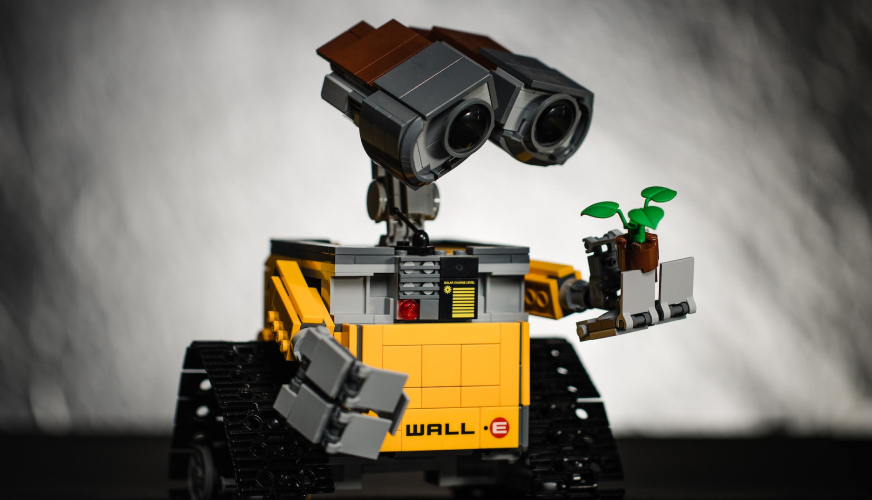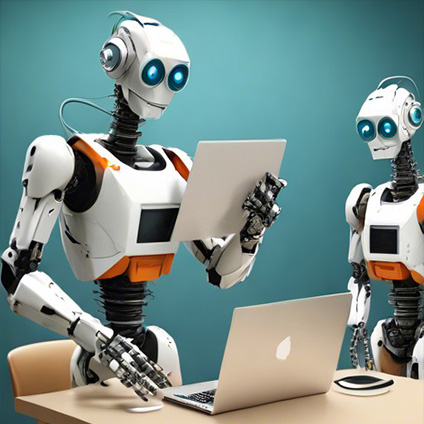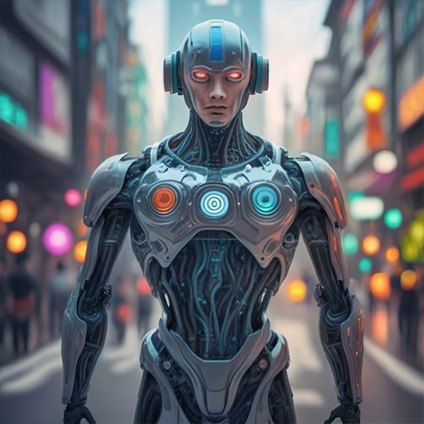
With the rapid advancement of artificial intelligence (AI), there is a growing concern about its impact on the job market. Will AI technologies replace human jobs, and if so, to what extent? This question has become increasingly relevant as AI continues to evolve and permeate various aspects of our lives.
"The development of full artificial intelligence could spell the end of the human race... It would take off on its own and redesign itself at an ever-increasing rate. Humans, who are limited by slow biological evolution, couldn't compete and would be superseded." Stephen Hawking
As we delve into this complex and multifaceted topic, it's essential to examine the potential implications of AI on various industries and occupations. While AI has the capacity to streamline processes, enhance efficiency, and drive innovation, it also raises pertinent questions about job displacement, societal changes, and the need for reskilling the workforce.


As AI technologies continue to evolve, industries may witness a significant shift in job requirements. Jobs that involve repetitive tasks and routine processes are more susceptible to automation, potentially leading to changes in the employment landscape. However, it's crucial to acknowledge that AI also creates new opportunities in fields related to AI development, maintenance, and oversight.
One of the key considerations is the impact on the workforce. While automation has the potential to eliminate certain jobs, it can also lead to the creation of new and more specialized roles. The need for skills related to AI development, data analysis, and machine learning is on the rise, emphasizing the importance of continuous learning and adaptability in today's fast-paced technological environment.
As we navigate the uncertainties of the future job market influenced by AI, individuals and organizations alike must prioritize adaptability and continuous learning. This includes acquiring skills that align with the demands of an AI-driven future, fostering a culture of innovation, and staying informed about the changing landscape of work.
In conclusion, while the debate on whether AI will entirely replace human jobs persists, one thing is certain – the need for proactive measures, strategic planning, and a commitment to lifelong learning in the face of technological advancements.